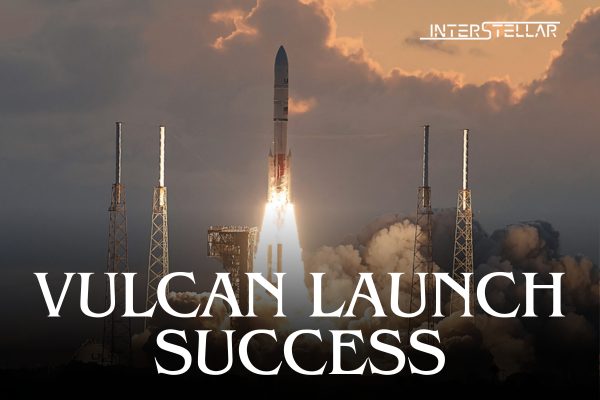Vulcan Rocket Completes Second Mission, Moving Closer to Certification for Pentagon Missions
United Launch Alliance (ULA), a joint venture between Boeing and Lockheed Martin, successfully launched its Vulcan rocket on its second mission from Cape Canaveral Space Force Station in Florida. This successful launch is a crucial step in the rocket’s certification process, allowing it to carry out missions for the US Space Force.
Meeting Certification Requirements
Vulcan, which aims to replace ULA’s Atlas V rocket and compete with SpaceX’s reusable Falcon 9, made its debut launch earlier this year in January. The US Space Force, a key customer for Vulcan, requires two successful flights before granting the rocket certification for national security missions. With this second flight, ULA is one step closer to completing these requirements.
The US Space Force will now review the performance data from this launch and compare it with Vulcan’s first mission. The certification process ensures that the rocket is capable of handling sensitive national security payloads, paving the way for future Pentagon missions.
Vulcan’s Role in the Market
The Vulcan rocket is designed to be a cost-effective and reliable option for both commercial and government space missions. As ULA’s response to the evolving space launch market, Vulcan will support a range of missions, from satellite deployments to deep space exploration. Its successful certification would enhance ULA’s position against competitors like SpaceX, solidifying its role in providing launch services for the US government.





